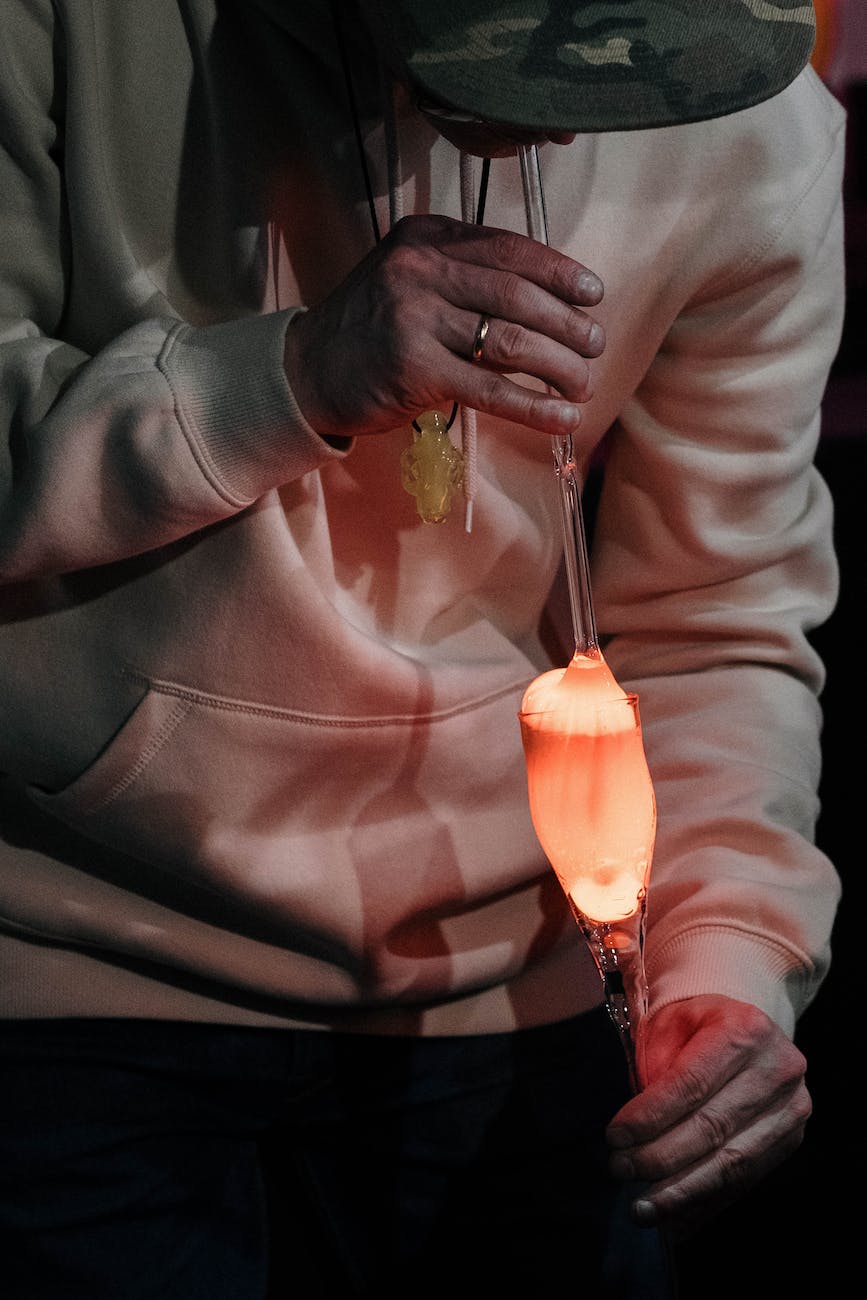Curating a Glass Art Collection: An Enthusiast’s Guide
For admirers captivated by its luminous beauty, building a collection of blown glass art offers a deeply rewarding lifelong pursuit. As connoisseurship develops, pieces acquire personal significance constituting an expanded vision. Approaching collecting intentionally while increasing aesthetic discernment reveals glassblowing’s creative richness.
Discovering Inspiring Artwork and Artists
Exposure inspires. Attend galleries, museums, studios, and art fairs with an open mind. Encounter diverse styles and innovative techniques. Allow some mystery too in encountering pieces that initially confound then compel. Follow promising artists to watch creative progression while identifying those who speak to you. Broad exploration lays the foundation for later focus.
Defining a Collecting Vision
Consider which styles, techniques, eras, or artists most resonate. Do particular decorative schemes like Art Nouveau whimsy or contemporary abstraction attract? Do vessel forms captivate more than sculpture? Does flameworking appeal over furnace blowing? Establish guidelines to build a cohesive vision, but leave room for spontaneity too. A collections evolves meaning when open to discovery while remaining focused.
Researching Context and Significance
Learn about art movements and influences shaping artists of interest. What inspired their style and use of materials? How did they push glassblowing forward? Understanding creative context amplifies appreciation. Look into things like signature techniques, innovations, awards, and commissions. Knowledge enriches enjoyment while informing acquisition choices.
Evaluating Quality and Condition
When assessing pieces, consider technical excellence like symmetrical forms, variation texture, and masterful annealing. Look closely for cracks, chips, pockmarks or debris trapped in glass. Quality flaws undermine artistry and value. Weigh challenges of repair. On rare older pieces, some expected wear adds patina. But seek near-pristine condition where possible for investment.
Expanding Through Auctions and Resellers
Beyond direct artist purchases, auctions like Shopgoodwill.com and Invaluable.com offer hidden deals. Some even focus exclusively on glass like Glass Alehouse Collectors’ Society auctions. Many online art marketplaces like Artful home, 1stDibs, and Artsy also feature quality glass resales. These provide access to sold-out limited editions or estate sales of significant glass.
Connecting with Galleries and Curators
Develop relationships with gallery directors and museum curators specializing in glass art. Their insider expertise helps locate special pieces by ascending artists. They assist navigating acquisition logistics too. Share your collecting goals and stay engaged over time. This community provides valuable guidance plus access to limited editions.
Displaying a Glass Art Collection
Spotlight your glass art through thoughtful display. Use varied height platforms, creative lighting, neutral backgrounds, and tiered shelves to showcase 3D qualities. Rotation keeps a collection dynamic. When not on view, professional storage prevents dust and breakage. A considered presentation lets glasswork radiate fully.
Continuing a Lifelong Pursuit
Great collections reflect the collector’s evolution over decades. Carefully selected additions amplify curatorial meaning. Remain engaged with artists, galleries, museums, publications, and the glass community. Let each piece build on past acquisitions to tell a story aligned with your growth. A refined collection becomes a creative legacy reflecting connoisseurship, passion, and understanding of artistic significance.
